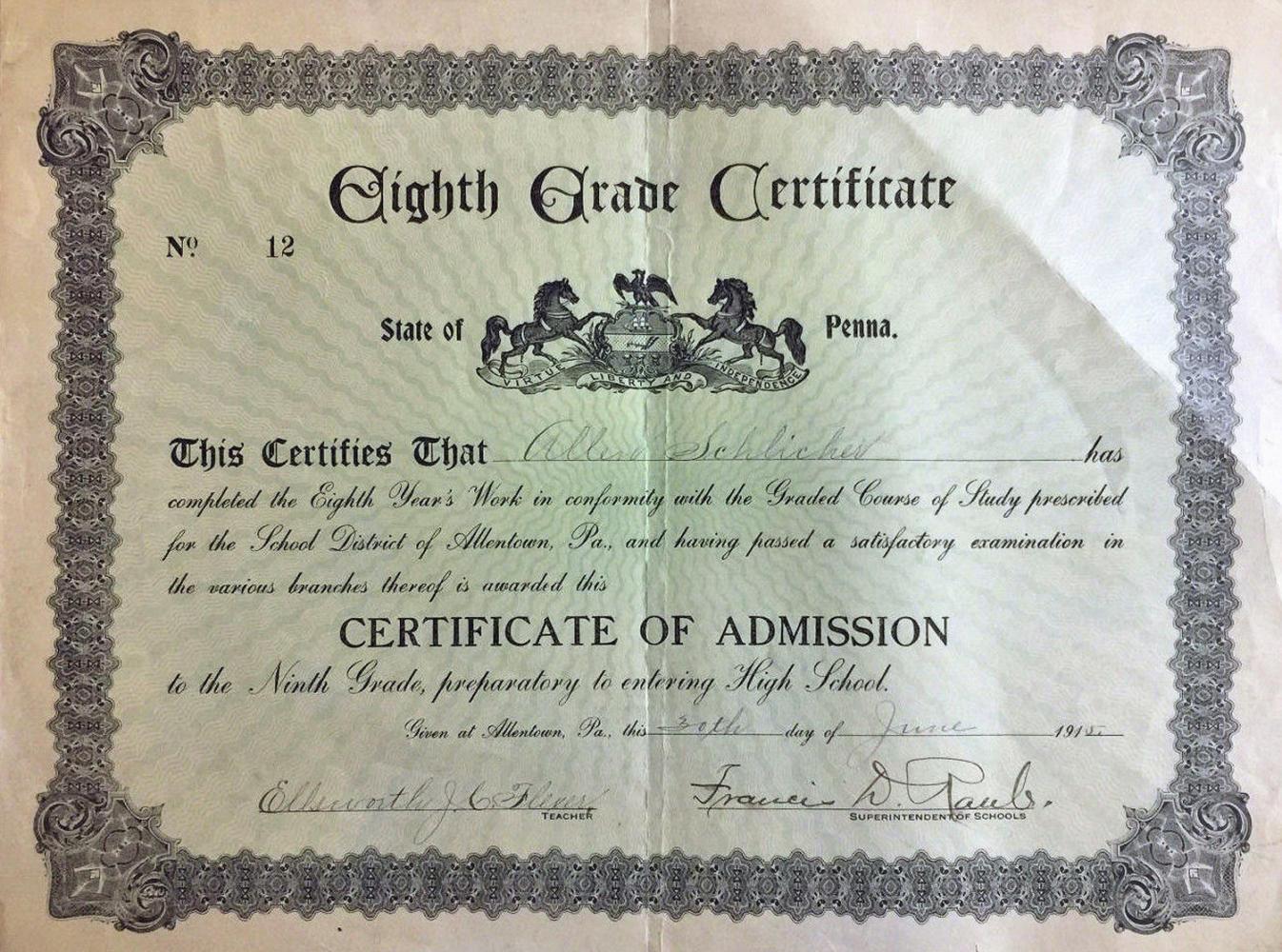Editorial: Not enforcing State pension forfeiture laws wastes tax dollars


Pennsylvania educators who have been convicted of crimes and have had their certificates revoked continue to receive undeserved pensions. (Photo via Wikimedia Commons)
It’s no secret that Pennsylvania public schools have a deficit that seems to get larger and larger as the gap in federal funding widens between poor and affluent districts. Many lay off or threaten to lay off teachers and cut funding for music and theater arts programs.
In an environment like this, it should go without saying that a former band director convicted of sexual relations with a minor student shouldn’t get a cut of the ever-dwindling state funds for such programs. But that’s exactly what’s happening.
Former band director of East Allegheny High School Jarold Winkleblech had such relations with a 15-year-old student in 2006 before confessing his love to her. Although the state revoked his teaching certifications, Winkleblech still receives a pension to this day.
It’s not an isolated incident, either.
More than 200 former Pennsylvania educators are in a similar position, having committed a variety of crimes ranging from illegally helping students during tests to sex crimes like Winkleblech’s. All those pension payments add up to an unfavorably large chunk of change — more than $300,000 monthly — paid to 204 educators with either revoked of surrendered teaching certifications, according to a Pittsburgh Post-Gazette analysis.
Allowing pensions for educators with revoked certifications should be illegal in any case, but doling out paychecks to these teachers can have even greater consequences in a state like Pennsylvania, where the disparity between public school funding is already wide.
Poorer districts like Mount Carmel receive up to 33 percent less federal funding than affluent Philadelphia suburbs, an inequity governor Tom Wolf has sought to remedy since his inauguration.
But just because educators like Winkleblech receive a pension, which averages to $1,067 per month, doesn’t mean they’re supposed to. Pennsylvania’s forfeiture laws include forfeiting a pension for crimes committed directly against students or directly related to the educator’s job duties.
A 2017 general auditor, however, reported shortcomings in these laws and missed opportunities to identify cases that would require pension forfeitures, resulting in continued pension checks wrongfully arriving in the mailboxes of criminal ex-educators.
The audit also revealed that the Pennsylvania Public School Employees’ Retirement System refrained from consulting police records to determine forfeiture cases, providing additional opportunities for underserved pensions.
The repercussions of the PSERS’s laziness extends beyond checks arriving in ex-educators’ mailboxes — it’s an unlawful deduction in funds that should be going toward the many underfunded public schools in Pennsylvania. The state may not be intentionally providing pensions to uncertified educators like Winkleblech, but the collateral damage from these slip ups can be the difference between a public school keeping or cutting their theater arts program and teachers.
Recent Posts
Review | Delayed checkouts at ‘The White Lotus’: An unoriginal third season
(Contains Spoilers) There is no meditation class, no reiki session, no nutritionally balanced, organic food…
Celebrating Women’s History Month with the HerStory Slam Event
Idaya Sasikumar, a first-year psychology student, took to the stage to read her personal story.…
Review | Michael Franti & Spearhead reflect on the power of love in new album ‘Welcome to the Family’
Nothing says “Welcome to the family!” like a new baby. Soul-rock band Michael Franti &…
How hurling put me on ESPN and in a National Championship game
Nothing is more difficult than joining a new club in college. It is terrifying when…
Column | It’s now or never for Henry Davis
When Henry Davis came into Monday night’s game against the Washington Nationals at PNC Park,…
Pitt men’s basketball navigating transfer portal difficulties
Pitt men’s basketball is like any other team in the world of large NIL deals…

